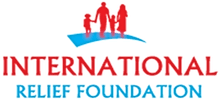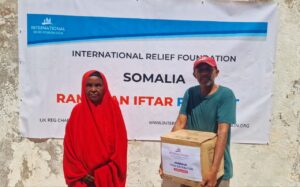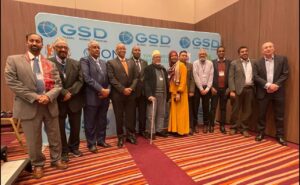It was an honour for the International Relief Foundation (IRF) to attend the World Humanitarian Action Forum, which took place in London on the 28th of November 2017.
It brought together representatives from INGOs, local and national NGOs from the global ‘North’ and ‘South’, public sector officials, philanthropists, donors, academia, and the media met in London for the first World Humanitarian Action Forum (WHAF).
The overall aim of the Forum was to enhance partnership and coordination amongst humanitarian actors and provide an opportunity for participants to share effective humanitarian practices and responses, tackling pertinent issues, especially those affecting local and national NGOs from the global ‘South’. This was key, as the WHAF initiative stemmed from the post World Humanitarian Summit (WHS) 2016 process.

The Humanitarian Forum, with various stakeholders including affected communities, the private sector, government representatives, INGOs, national NGOs and grassroots organisations, found that multiple parallel humanitarian crises of the last decade imposed several challenges to the traditional humanitarian system. In particular, civil society organisations (CSOs) still had a minimal influence on policymaking despite increasingly open political contexts taking shape across parts of the Southern hemisphere.
A collective agreement is required on regional priorities and mechanisms for organising humanitarian responses that promote long-term thinking. There is a clear recognition of the need to better connect with other responses through operational partnerships for NGOs.

Building a broader support base through engagement with more diverse stakeholders is essential to strengthening humanitarian aid’s acceptance, perception, and relevance. The WHAF injected momentum for reinforced partnership and coordination amongst humanitarian actors in the global ‘North’ and ‘South’ post-WHS and enhanced coherence in humanitarian response.




